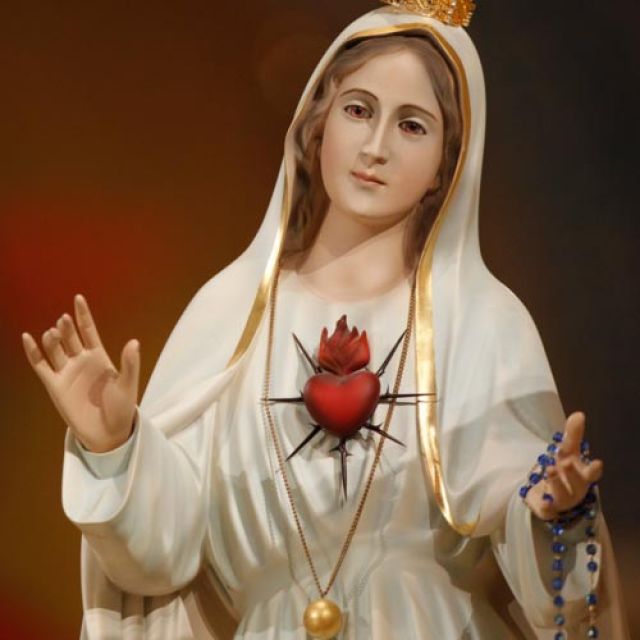I found them at #15 for boys and #16 for girls, but I was struck by a name that was missing from the list: Mary.
This being the season of the birth of Jesus, it got me wondering what happened to the venerable name of His mother. It used to be so popular in Western culture, in fact and fiction, from Mary Tyler Moore to Mary Poppins. But today it is not even in the top 100 girls names in Canada. Our daughter has Mary in her name. although the world doesn’t know her as a Mary. Both her grandmothers had Mary in their names as it was the number one girl’s name in their generations, but no more.
Yes, Mary is not as glamourous sounding as many popular names like Olivia (#3), Chloe (#6) or Victoria (#18). And it certainly isn’t as trendy sounding as names like Zoe (#19), Brooklyn (#23) or Payton (#31).
I went looking for answers to the Mary question. One of the first things I found was an article in Atlantic magazine entitled: “Why don’t parents name their daughters Mary any more?” Talk about hitting the motherlode right off the top on a Google search.
The author, Philip Cohen, started off: “Each year, I mark the continued calamitous decline of Mary as a girl’s name in the United States. Not to be over-dramatic, but in recorded history of names, nothing this catastrophic has ever happened before. Mary was the most common name given to girls every year from the beginning of record-keeping (at least back to 1800) through 1961 (except for a six-year dip to #2 to Linda).”
From leading the pack almost every year for 161 years, Cohen says, Mary has fallen to 112th place in 2011, the latest year for U.S. government statistics. “The number of girls given the name Mary at birth has fallen 94 per cent since 1961,” he writes.
Cohen concludes the reasons to be the rise of individuality — the need to be different from plain old names like Mary — to cultural diversity and the erosion of Christian traditions in an increasingly secular society.
The third point really hit home when I saw a name on the Canadian list at #83, Nevaeh, which is heaven spelled backwards. How could that name be on the list and the revered Mary not? Maybe this individuality is a backlash to Christian traditions. But then I noticed many biblical names on the list (including Sara/Sarah #9, Leah #10, Rachel #46 and Eve #69), so I discounted that theory.
But with Mary not even making Canada’s top 100, it would appear Cohen’s conclusions might apply to Canada, too. But Canada is not identical to the United States so I kept looking and thinking. First I tried to find the origin of the name Mary.
Etymologists can’t definitely say where it originated, but the most common view is that it comes from the Hebrew name Miryam, which has various meanings like “bitter,” “beloved,” “rebelliousness,” “wished-for child” and “marine.” Some of these words describe the Virgin Mary like beloved, but others most certainly do not.
Then in the late fourth or early fifth century, the great theologian St. Jerome, known as Doctor of the Church who knew the Hebrew language, interpreted Miryam as meaning “Star of the Sea,” which grew into an epithet for the Virgin Mary.
Interestingly, over the years the name Mary spun out numerous related names, by some counts more than 100 in the English language alone. These names include: Marie, Miriam, Marion and many more.
With that in mind, I started checking the top 100 names again and found Mary derivatives on the list, including the #1 girls name in 2012 Mia/Mya, #45 Maelie/Maely and #65 Marianne.
Maybe the name Mary is heading the way of Bertha or Mildred, or maybe it is heading for resurgence like classic names Emma, Charlotte and Isabella. Here’s wishing you a “Mary Christmas.”


